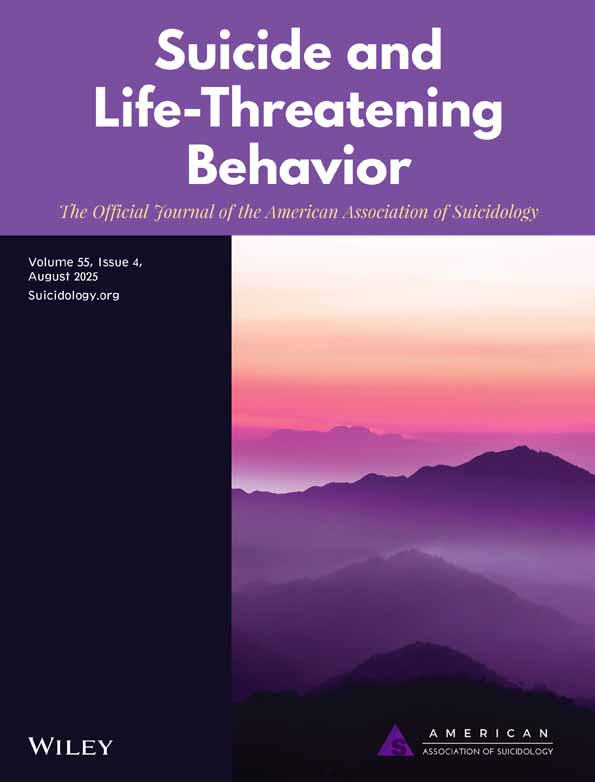Suicidal Ideation, Psychiatric Disorder, and Medical Illness in a Community Epidemiological Study
This study was made possible by a grant from the Dirección General de Investigación Cientifica y Técnica (DGICYT) of the Spanish Ministry of Education and Science (project PB 94-1171). We are indebted to the people and authorities of the island of Formentera for their collaboration in the study.
Abstract
Many epidemiological studies have analyzed suicidal ideation in clinical samples, but only a few have been performed in the general population. We present the results of a two-stage epidemiological study in the general population on the island of Formentera (Balearic Islands, Spain), which used the 28-item General Health Questionnaire (GHQ-28) in the first stage (n = 697) and the Schedules for Clinical Assessment in Neuropsychiatry (SCAN) in the second (n = 242). We also recorded medical illnesses diagnosed in the subjects at the second stage. Four items on the GHQ-28 ask directly about suicidal thoughts or ideation. From the sample, 6.5% have reported suicidal ideation. Mental disorders are the most important factor associated with suicidal ideation; medical illnesses seem to play a secondary role.




